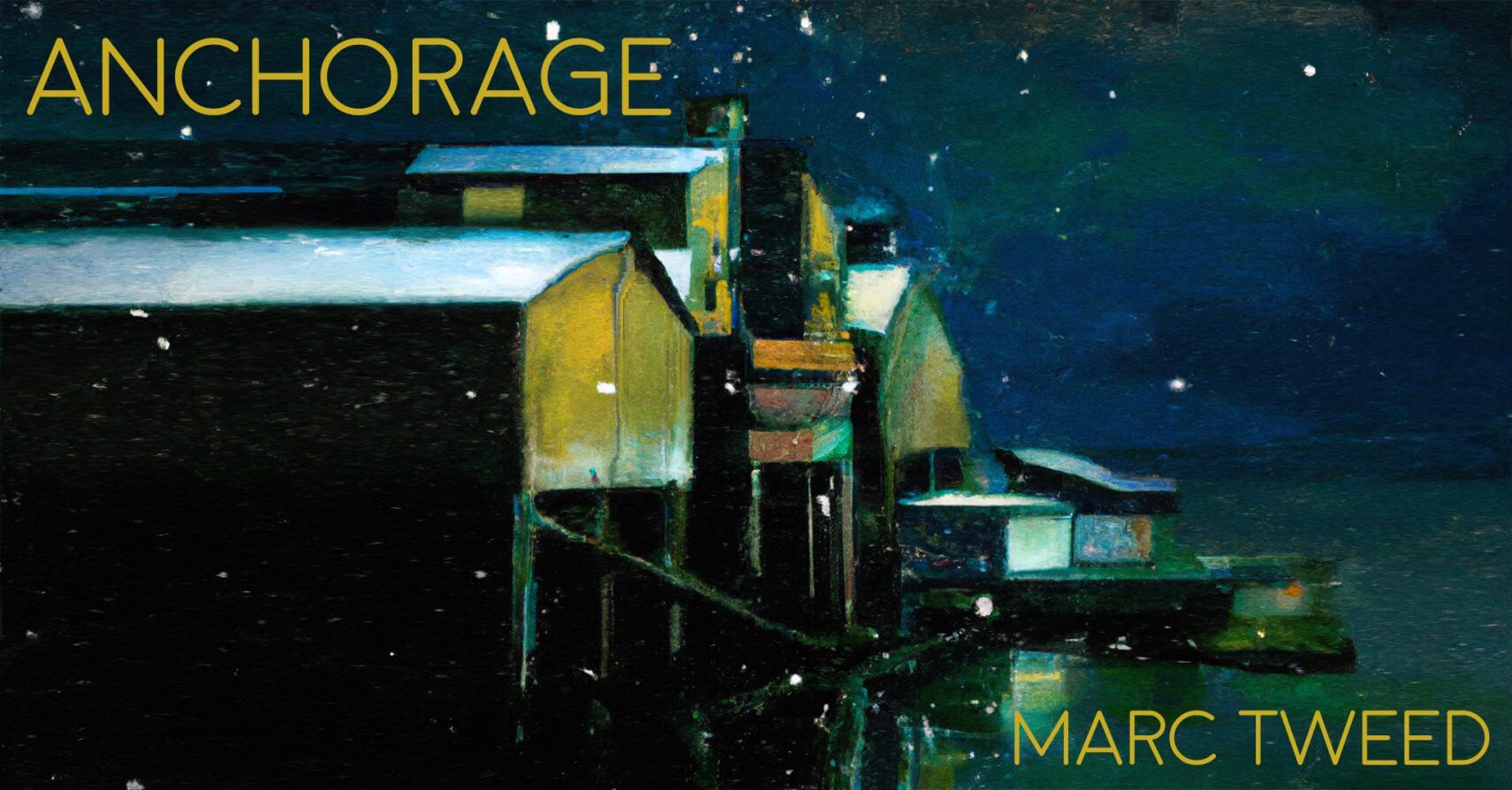
ANCHORAGE by Marc Tweed
That’s the Way of the Boss. That’s the Way of the Boss! Well, fuck.

That’s the Way of the Boss. That’s the Way of the Boss! Well, fuck.
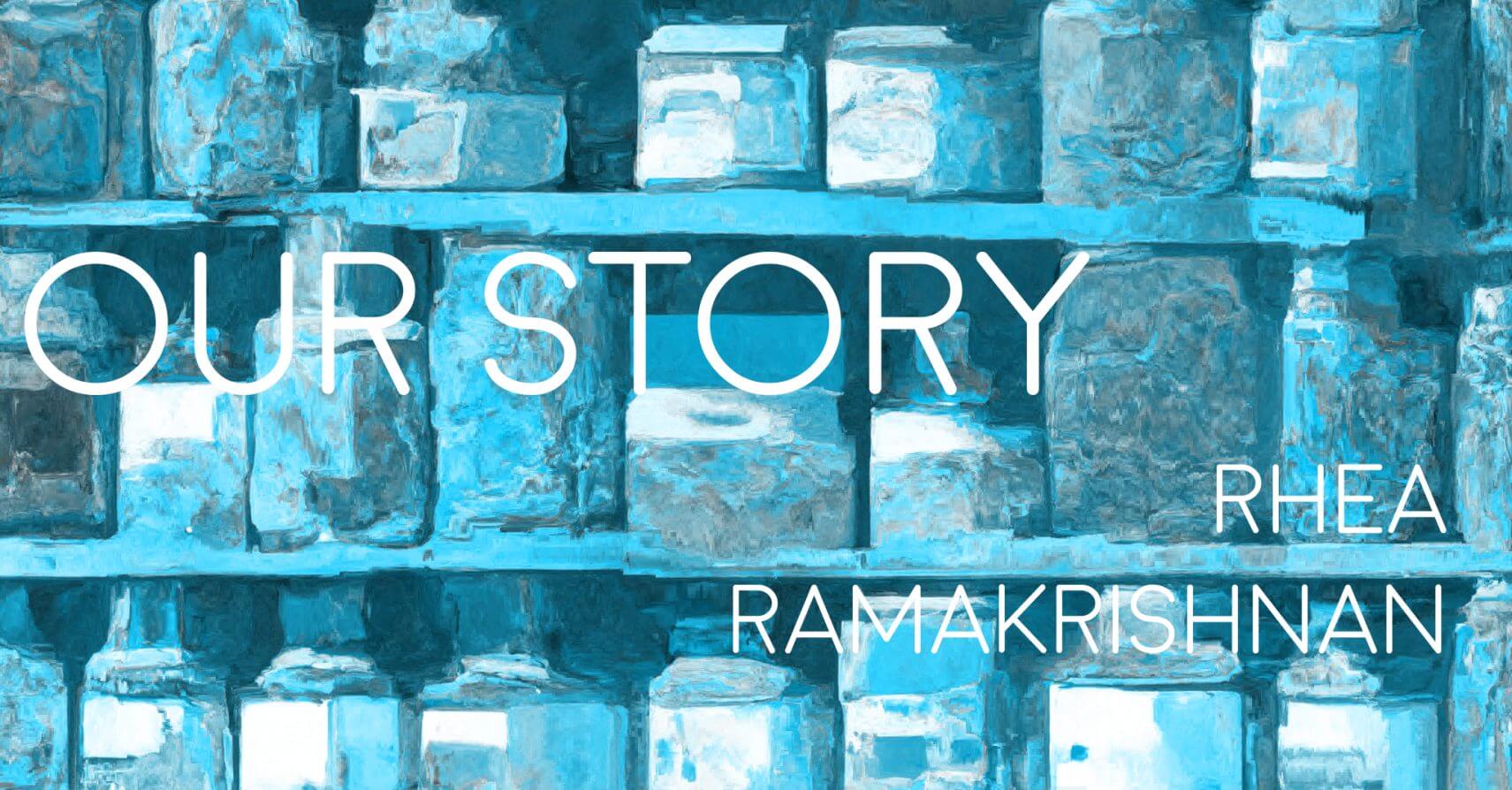
You can tell yourself anything you want about yourself, even if it’s not true yet, and eventually it will be. Maybe.
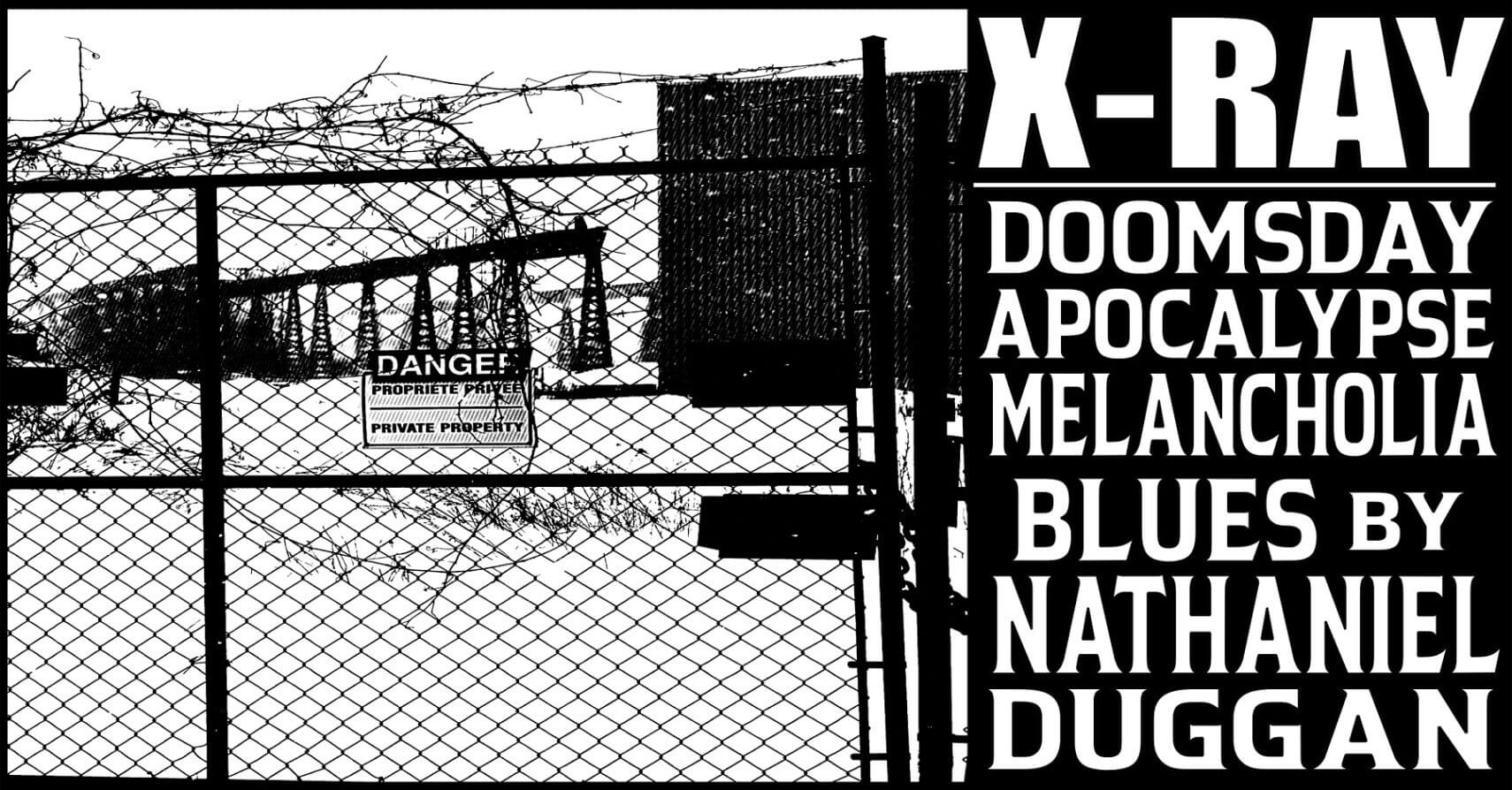
It was an easy thing, that winter, to realize that you were not, in fact, you—rather you were the untitled, draft email of yourself, addressed to no one.
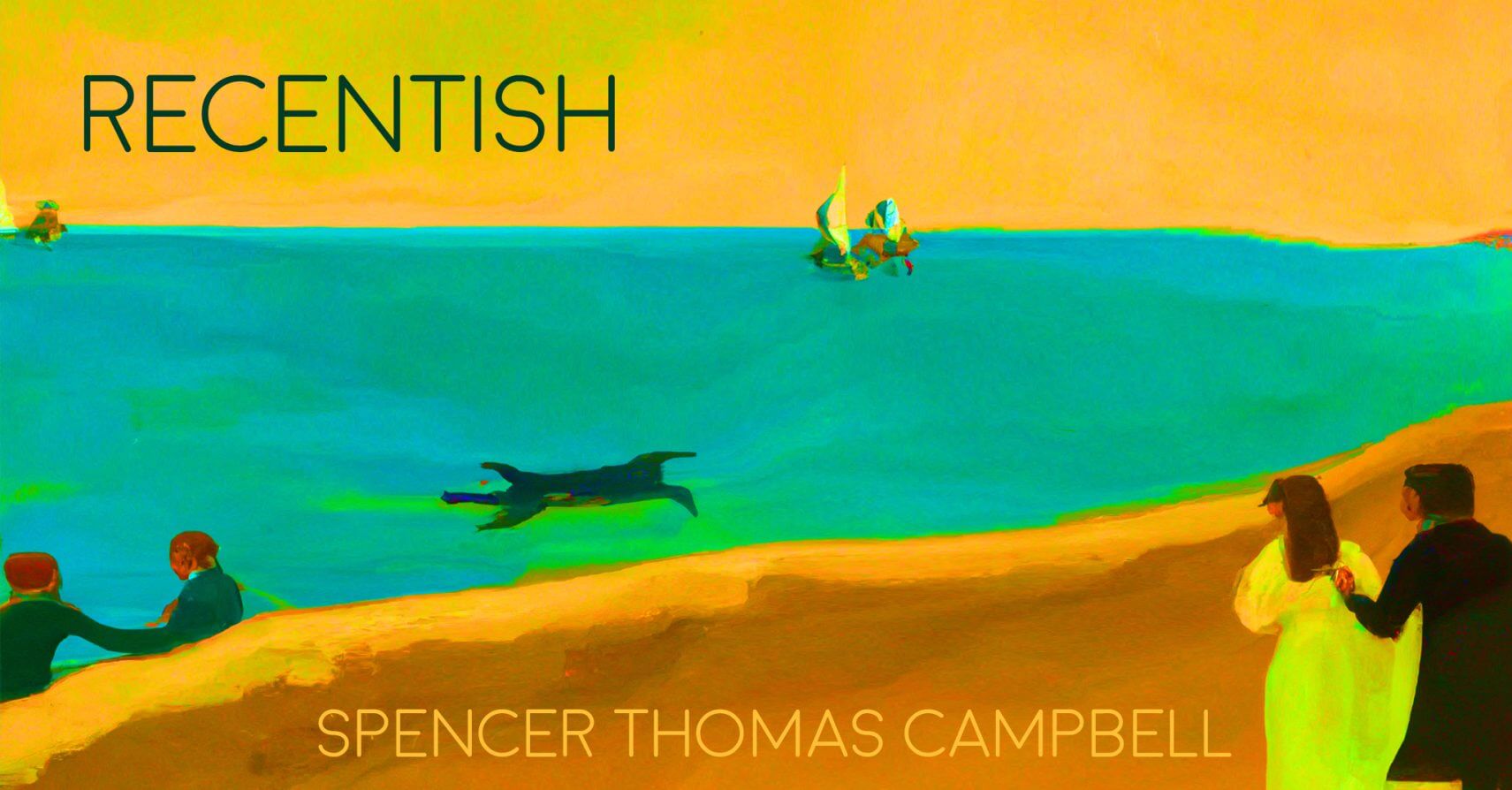
But the product of this was both gushy and vain. Embarrassing. It was easy to read his real interest, which was carnal, puckered.
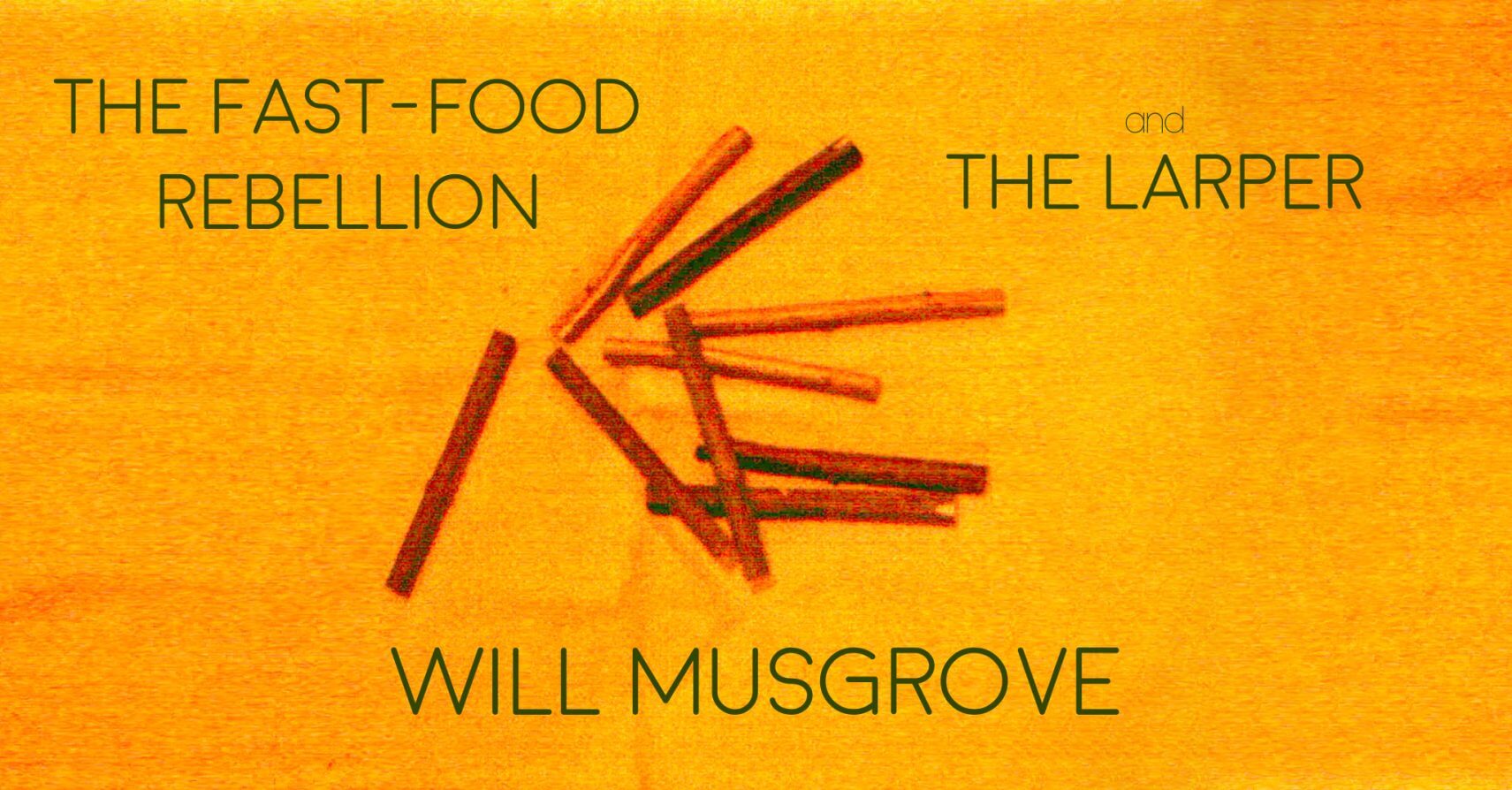
On break, he spoke to us through the order box. The sun warming our necks, we tossed French fries to seagulls and smelled the electric static on his breath.
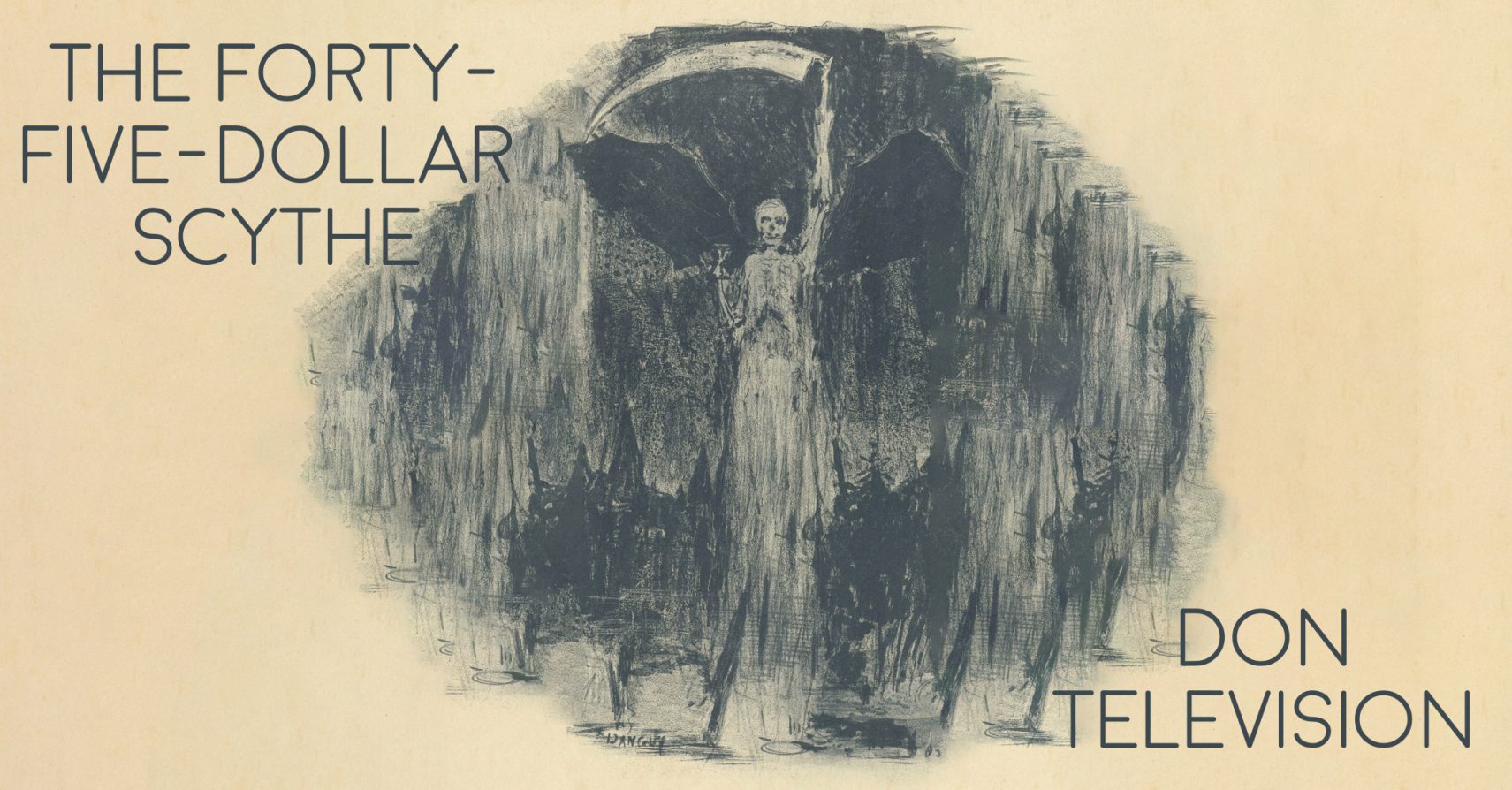
They looked for the seller. They were sometimes lurking near the booth, watching as you handled the crockery. Watching as you flipped through the records.

The girl came out, banana in hand, and the guy from the back followed, loosening his fruit-stained apron, gaping at the climb.
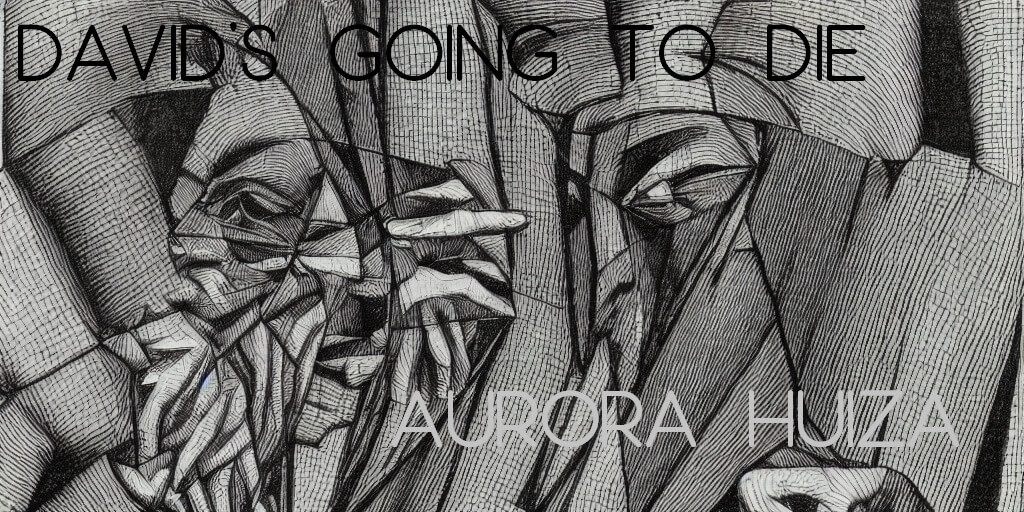
Everybody in that coffee shop was always standing around, walking into each other, then backing up and trying again, like Sims, walking into the fridge, backing up, trying again.
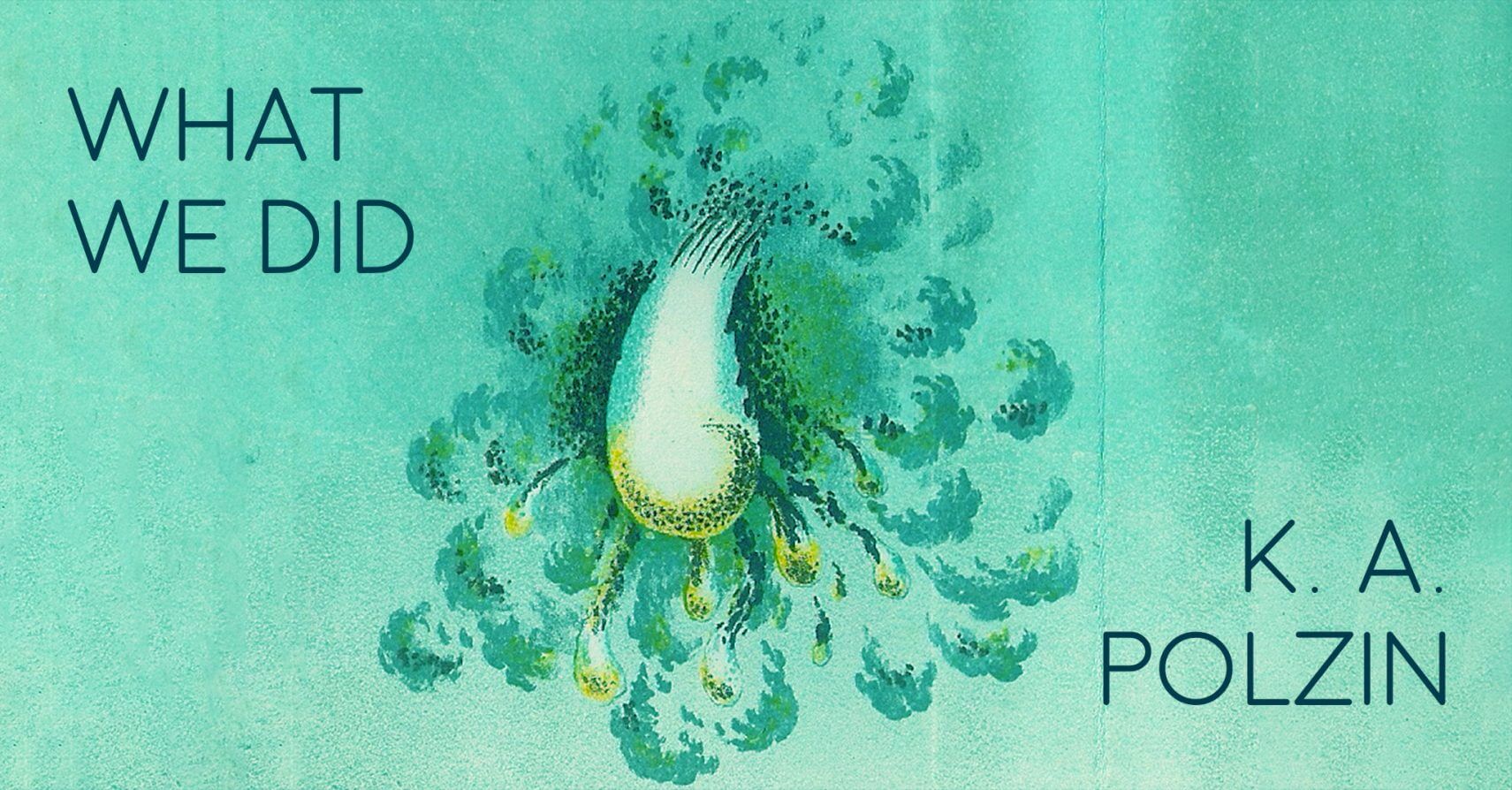
Then there was nothing left to sell. The blood bank told us we needed to give our veins a rest. Should we try pickpocketing, we wondered.
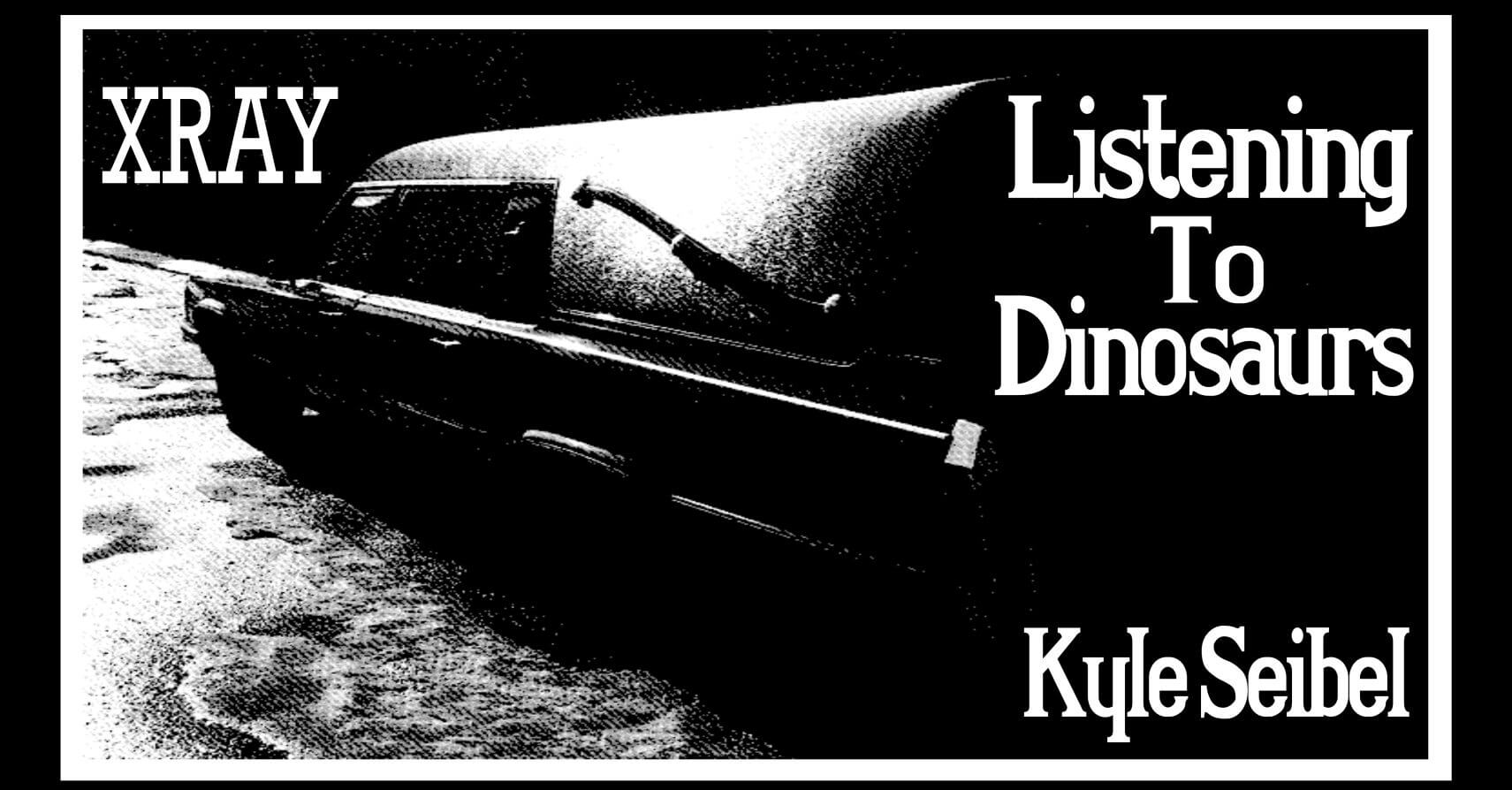
That morning at Rincon marked a change in my relationship to the dinosaurs. Fewer and fewer would muster when I called a session until I stopped doing it so much. Felt like I was bugging them.